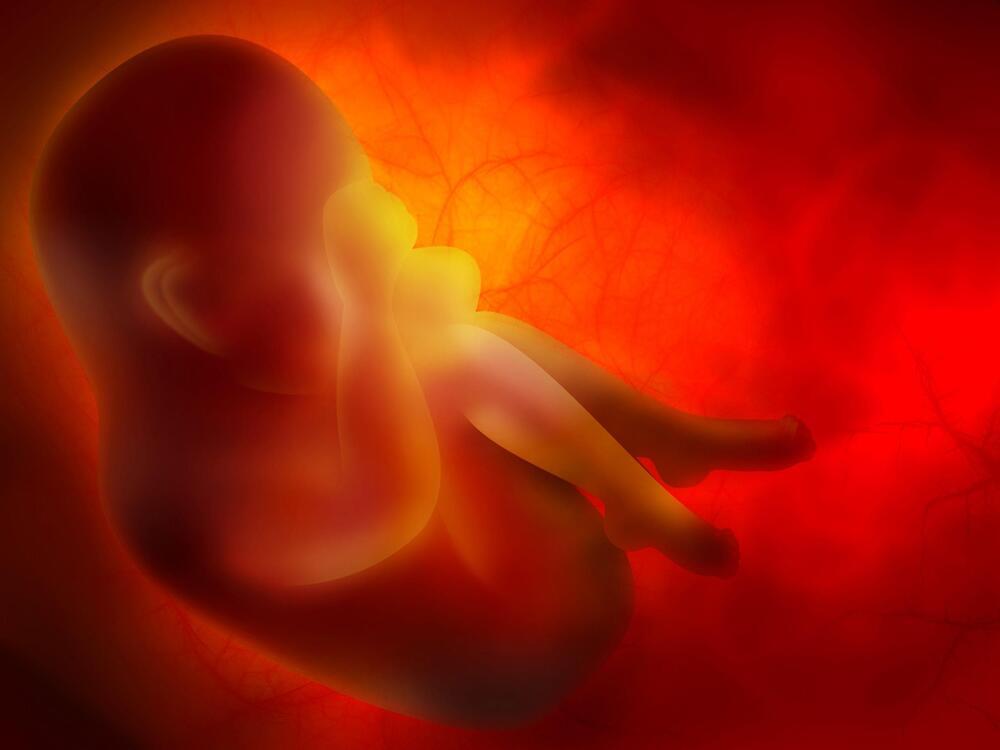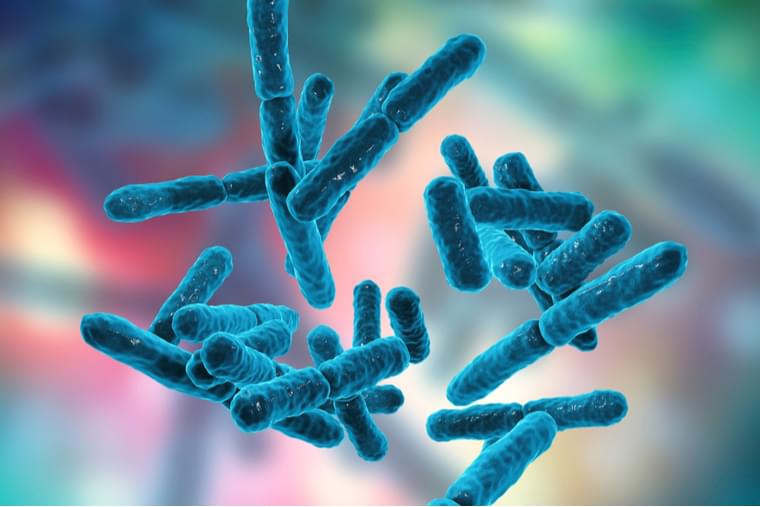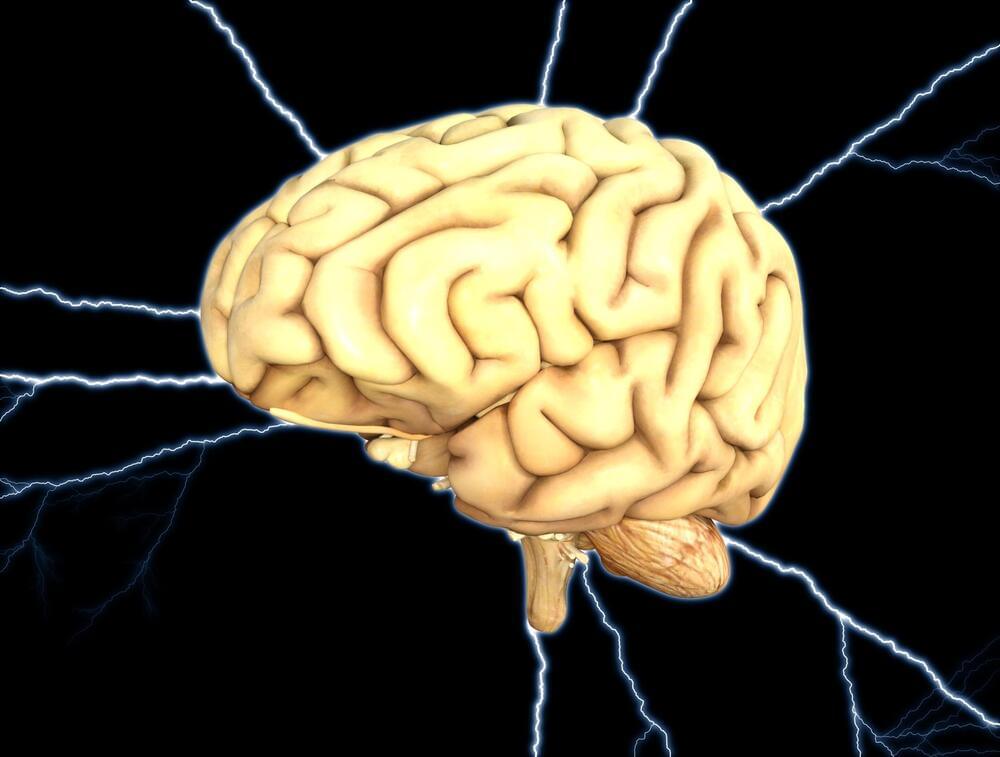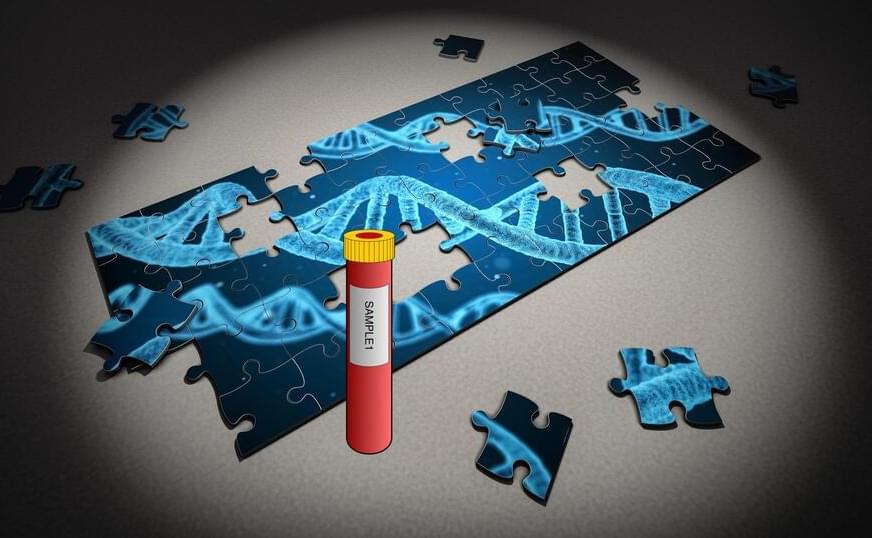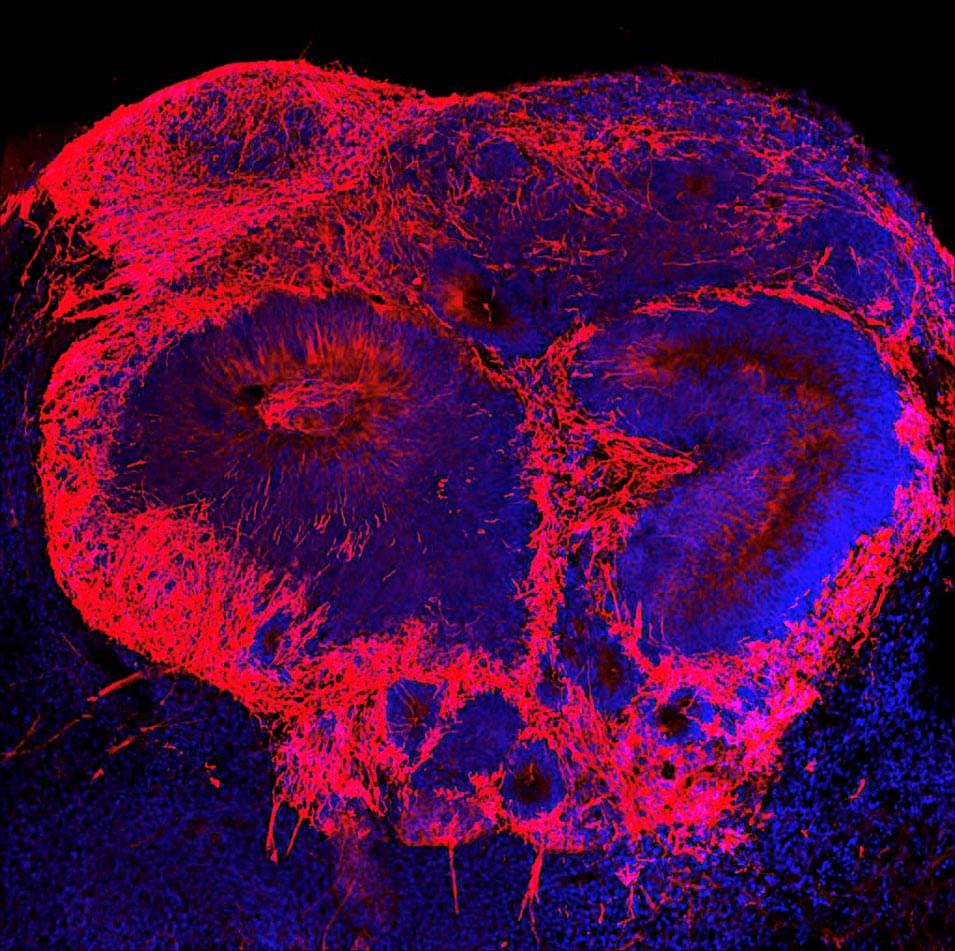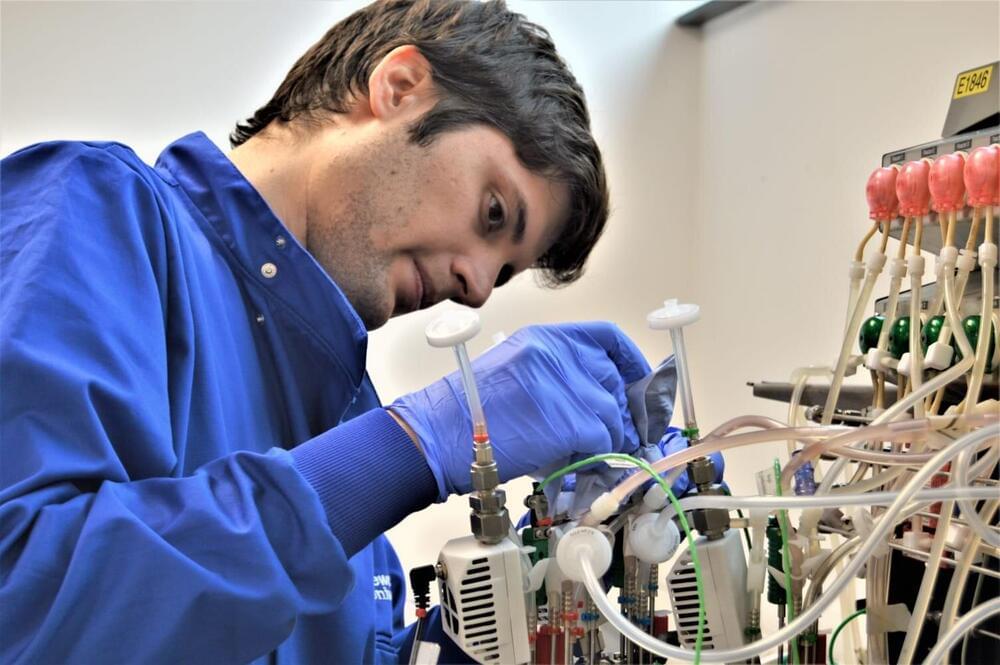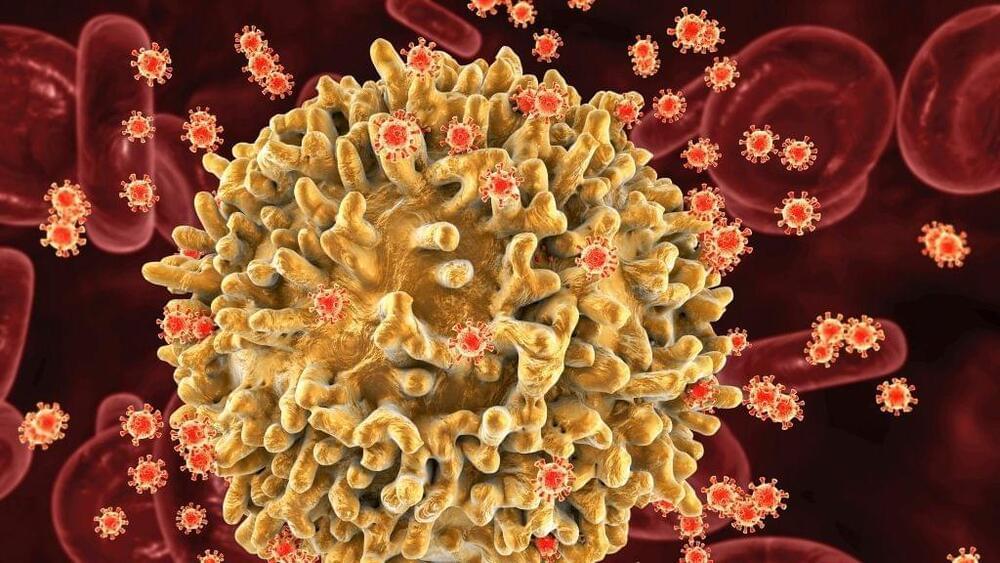Stephen Hawking made terrifying predictions of the future. Based on science, the late British physicists predicted several things that could happen on Earth, from the rise of powerful Artificial intelligence to fearful robots poised to destroy humankind. Hawking also spoke about how it was dangerous to search for aliens and how global warming could destroy Earth as we know it.
However, Stephen Hawking also spoke about how abrupt advances in genetic science could lead to creating a future generation of superhumans that could eventually destroy humanity as we know it.
In recently published papers, Prof. Hawking predicted that an elite class of physically altered, intellectually powerful humans could come into existence from rich people choosing to edit their existing DNA and manipulate future generations’ genetic markup.
